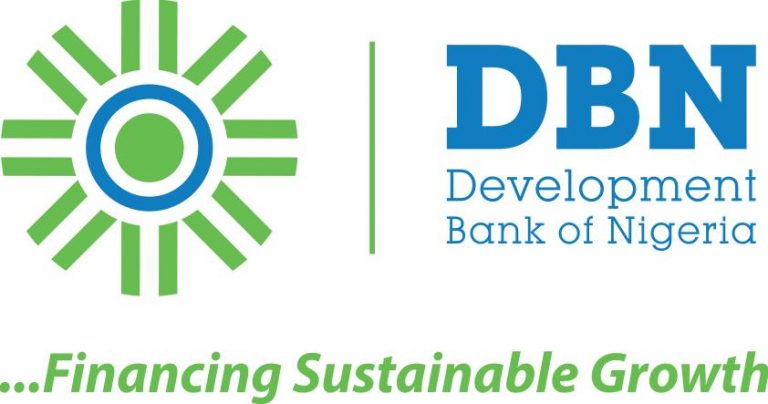About 105,000 micro, small, and medium-scale enterprises borrow N149.6bn from the Development Bank of Nigeria in 2022.
This was disclosed in the Annual Integrated and Statutory Report 2022 released during the bank’s Annual General Meeting in Abuja.
The report showed that a loan volume of N149.6bn was disbursed in 2022, with the total loan disbursed rising from N482.5bn in 2021 to N632.1bn in 2022.
It was also noted that the outstanding loan increased by 15 per cent from N321.7bn in 2021 to close at N369.4bn in 2022.
In his statement, the Chief Executive Officer of DBN, Mr Tony Okpanachi, noted that “By the end of December 2022, the Development Bank of Nigeria had disbursed more than N631bn to slightly over 313,000 MSMEs across the country, which grew from N482bn to more than 208,000 MSMEs at the end of the previous year.
“This implies a 31 per cent growth in financing support and 50 per cent growth in MSMEs impacted. Of the total MSME beneficiaries of DBN funds over the five-year period, 67 per cent were women and 27 per cent were young people, with well more than 250,000 jobs already created.”
He added that by the end of 2022, among the top sectors financed by DBN were women-dominated sectors such as Trade and Commerce, labour-intensive sectors such as Manufacturing, youth-dominated sectors such as the ICT and Creative sectors, and Agriculture, among others.
Okpanachi also noted that to enable MSMEs utilise funds for longer tenors and afford them more time to repay, the average tenor of MSME loans was increased from about 18 months to 36 months.
It was also disclosed that about N5bn was released to support startups in the country.
On the performance of the bank, Okpanachi said, “The 2022 financial year ended with an impressive operational and financial performance despite the challenges within the operating environment. By the end of the 2022 financial year, the Bank achieved earnings of N47.6bn and PBT of N29.5bn, cost to income ratio of 15.9 per cent. The low cost-to-income result emphases the impact of the cost-saving measures implemented by the Bank during the course of the cost-saving measures implemented by the Bank during the course of the financial year.”
The Chairman, Development Bank of Nigeria Plc, Dr Shehu Yahaya, noted that global disruptions, such as the COVID-19 pandemic, Russia-Ukraine war and tightening policy of central banks, have begun to have significant adverse effects on the Nigerian economy, especially as it pertains to the MSMEs in the country.
He also said, “MSMEs occupy a critical part of the Nigerian economy, contribute about 48 per cent to Nigeria’s GDP and employ about 76 per cent of the labour force in the country. Through the activities of this subsect or, Nigeria can be transformed from a consuming to a producing nation by providing solutions that allow MSMEs to overcome major challenges and transform them into a fulcrum for the transformation of the Nigerian economy. This would enable them to be at the centre of technological innovation and transformation, local value addition, non-oil export drive with dynamic linkages to larger enterprises and a veritable engine for job creation.”
He affirmed the commitment of the bank to expand funding for Nigerian MSMEs through the bank’s Participating Financial Institutions.
SOURCE: THE PUNCH











